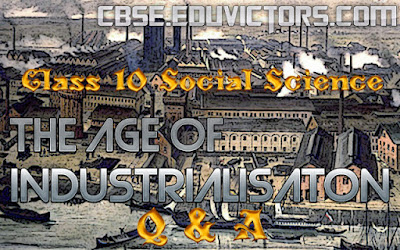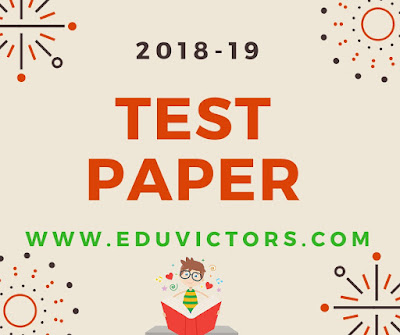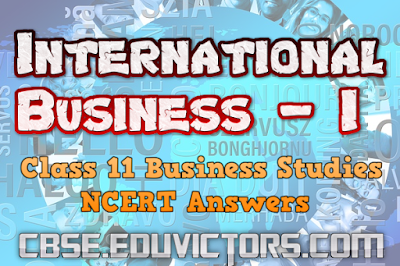THE AGE OF INDUSTRIALISATION
(Questions and Answers)
Q1: Explain what is meant by proto-industrialisation?Answer:
1. Proto-industrialisation refers to that phase of industrialization which existed in Britain before the growth of factories using mechanical power.
2. Industries during this phase were run with the help of human labour.
3. The proto-industrialisation system was controlled by the merchants.
4. Goods were produced by a vast number of producers working within their family farms and not in the factories.
Q2: In the proto-industrialisation period, why was it difficult for new merchants to set up business in towns?
OR
Why did the merchants move to the countryside to set up their business?
Answer: It was difficult for merchants to set up their business in towns because:
1. Urban crafts and trade guild associations were powerful in the towns. They restricted the entry of new people into the trade.
2. Rulers granted different guilds the monopoly rights to produce and trade in specific products.
So the new merchants turned to the countryside.









